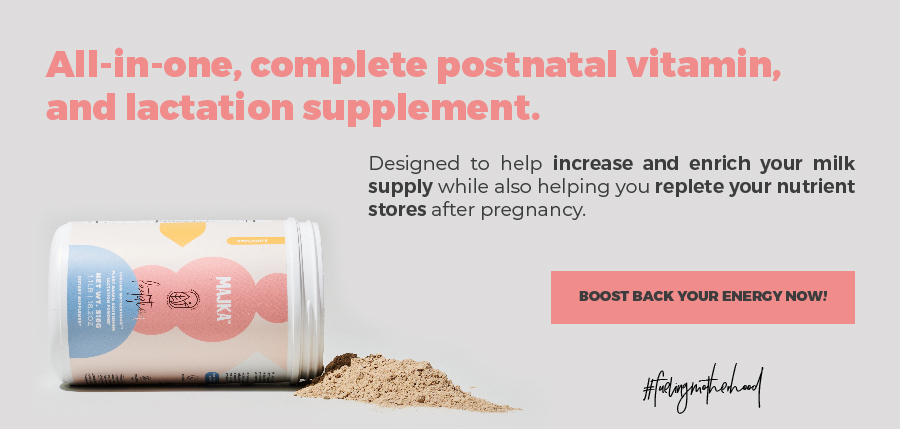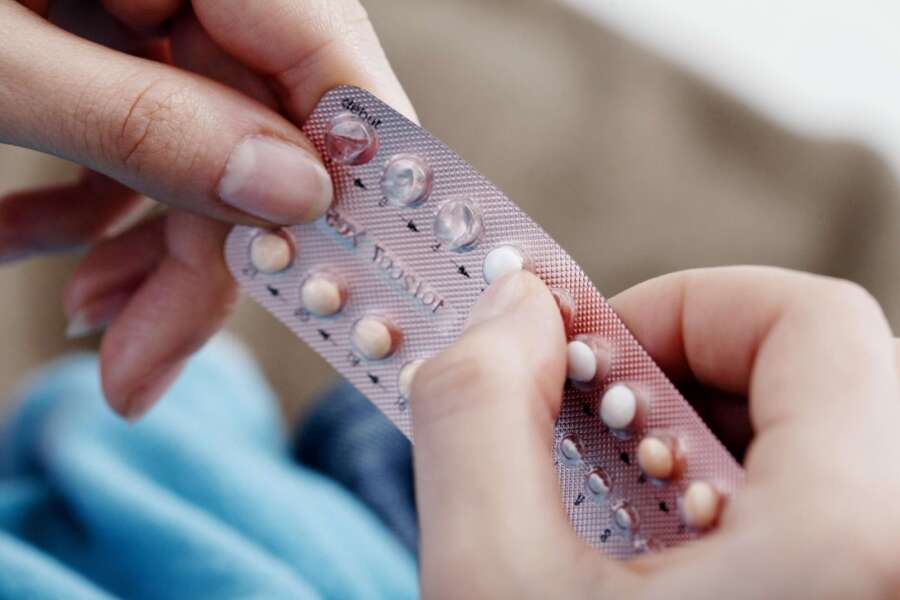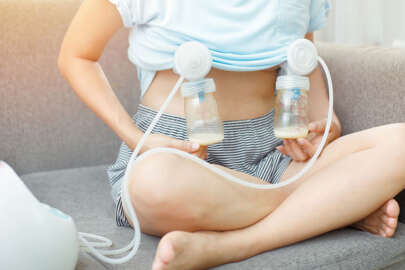
As though breastfeeding is a wonderful thing, it can get in the way of enjoying a drink in a social gathering or with your favorite dinner.
In this article we will tell you about the impact of alcohol in breastfeeding and some options that you may have if you decide to have a drink.
Impact of alcohol in breastmilk
If you drink alcohol, it will pass into your breast milk; the alcohol level in breast milk is essentially the same as the one in your bloodstream and, as your alcohol blood levels fall overtime, so will the alcohol levels in your milk.
Studies show that alcohol decreases milk production (contrarie to some assumptions that have been made in the past without research), also short-term alcohol consumption impacts the odor and flavor of your milk and in the feeding behavior of your baby by intaking about 20% less milk than usual.
Impact of alcohol in my baby
If your baby is fed with breast milk that has alcohol in it, the concentration of alcohol that he/she will get isn’t gonna be the same amount that you had, but it’s important to keep in mind that a newborn eliminates alcohol from his/her body at only half the rate of what you do.
Some research has suggested that the ingestion of alcohol from breast milk may impaired motor development of your baby and will cause changes in his/her sleep patterns.
Also, keep in mind that the ingestion of alcohol does have an impact on your natural reflects, so if you will be taking care of your baby it’s important that you are well aware and sober or someone around is.
Can I drink and breastfeed?
Now that you know that alcohol does pass to your breast milk and that it affects your baby, what you should keep in mind is how to avoid passing milk with alcohol in it to your baby.
The length of time alcohol is in breast milk will increase as you keep drinking (alcohol from one drink can be in breast milk for about 2-3 hours), this will depend on how fast you ingest it, if it’s consumed with food, how fast is broken in your body and your weight as if it is 54 kg it will take 2.5 hours to eliminate the alcohol from your milk, 2.25 if you weight 68 kg and 2 hours if your weight is 82.
How much alcohol is it ok to drink if I’m breastfeeding?,
It isn’t a matter of how much alcohol you take as it is a matter of how long you wait to breastfeed after drinking it.
You can avoid your baby from consuming alcohol if you wait the right time for it to be eliminated from your milk. Alcohol from 1 drink can be detected in breast milk for about 2-3 hours, alcohol from 2 drinks can be detected for about 4-5 hours, and alcohol from 3 drinks can be detected for about 6-8 hours, and so on.
It also depends on the alcohol level of each drink, for example; it will take 2-3 hours for 12 ounces of 5% beer to eliminate from your milk, 5 ounces of 11% wine or 1.5 ounces of 40% liquor, depending on your body weight.
Alcohol levels are usually highest in breast milk 30-60 minutes after drinking it.
How long does alcohol stay in my milk?
Waiting 2–2.5 hours per drink to breastfeed will minimize the intake of alcohol through breast milk. As though this is a standard rule, it does depend on your weight and on how many drinks you’ve had.
In the US, a “standard drink” contains 14 grams of alcohol and some drinks contain more than that, so be sure to know how many standard drinks you’ve had rather than counting the number of the actual drinks that you take. Here is a site that has an alcohol calculator that will help you to know this.
An important thing to mention is that pumping and dumping breast milk (getting rid of your breastmilk by yourself) doesn’t speed the process of alcohol leaving your milk as it is more a matter of time than of quantity. But pumping and dumping does help to avoid engorgement and to maintain your milk supply.
What are the guidelines for breastfeeding and alcohol consumption?
If you choose to drink while breastfeeding, you may want to consider the following:
- Having a drink right after breastfeeding may help to wait enough time to clear alcohol from your milk during the natural interval between feedings.
- Be cautious with the amount of drinks that you are having so you can know how long you need to wait in order to have an alcohol-free breastmilk.
- Minimize the alcohol exposure within the first 3 months of your baby’s life.
- Store alcohol-free breastmilk to use after drinking.
- Choose low alcohol drinks.
- Avoid breastfeeding after 2-3 hours per each alcoholic drink that you have.
We hope that this information and recommendations have been of great help regarding the subject of drinking alcohol while breastfeeding. It is important for your baby’s health and development to not be exposed to alcohol or to the least amount of it possible. Always keep in mind that your healthcare provider will have the best answer regarding your specific case.
We invite you to follow all our content to learn more about your baby’s health. If you want to deepen more on this subject, here we share with you some of the sources that made this article possible:
Alcohol I National Library of Medicine
Drink size calculator I Rethinking drinking
Alcohol’s Effect on Lactation I National Institute of Alcohol Abuse and Alcoholism
Alcohol and Breastfeeding I CanFASD
Alcohol and Breastfeeding I Wiley Online Library
Alcohol and Breastfeeding I National Library of Medicine
Alcohol & Breastfeeding: What’s your time-to-zero? I InfantRiskCenter
Alcohol Use During Breastfeeding I Mary Ann Liebert
Breastfeeding and the Use of Human Milk I American Academy of Pediatrics
Drinking or smoking while breastfeeding and later developmental health outcomes in children I BMC
Infant and toddler health I Mayo Clinic
Social drugs and breastfeeding I The International Institute of Human Lactation
The transfer of alcohol to human milk. Effects on flavor and the infant’s behavior I National Library of Medicine
Annie Rueb






